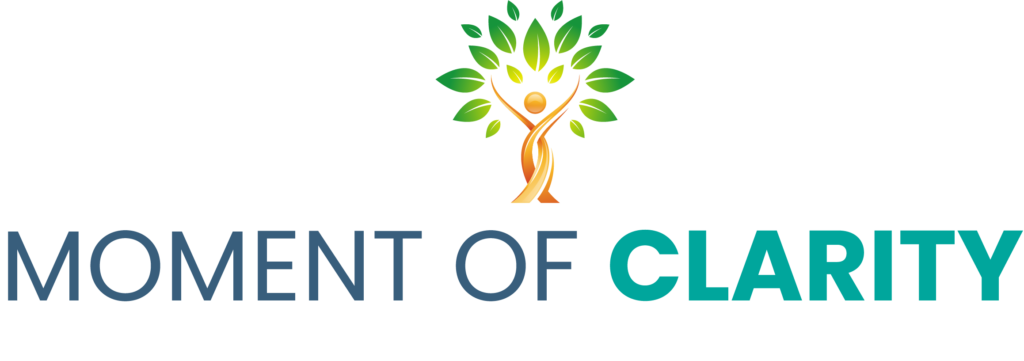Orange County and San Diego CALIFORNIA

Mental Health Center in Orange County, CA, and San Diego, CA
Outpatient Programs in Orange County
Moment of Clarity operates a network of outpatient mental health centers in Southern California, providing exceptional care to each patient. Our facilities offer a comprehensive range of mental health services, including programs dedicated to Military mental health, ensuring each patient receives personalized treatment tailored to their individual needs.
Outpatient Treatment Programs
Outpatient treatment allows our patients to continue mental health treatment at a cadence that works for them.
Intensive Outpatient Programs
Our IOP treatment is suitable for patients who need to attend sessions multiple times per week.
Partial Hospitalization Programs
PHP treatment is meant for individuals who struggle with more severe cases of mental health issues.
Trauma-Informed Care
At Moment of Clarity, we employ trauma-informed care to guide a patient through our treatment process.
Individual Psychotherapy
We provide one-on-one individual therapy for all our patients as part of our treatment process.
Group Therapy
Group therapy is used throughout all of our programs to connect people with a community.
Cognitive-Behavioral Therapy
We use cognitive-behavioral therapy to help patients recognize how and why their mental health works.
Dialectical Behavior Therapy
Our dialectical behavior therapy helps patients cope with different aspects of their mental health.
Mental Health Treatment in Orange County
Our mental health treatment centers in Orange County are dedicated to offering diverse, evidence-based therapies and innovative military mental health treatments designed to aid patients on the journey to recovery. With our compassionate support and a personalized treatment plan, patients can access the type of professional support needed to overcome military and civilian mental health struggles. Contact our team of experienced treatment specialists today to begin the life-changing journey to a brighter future and a more peaceful mindset.
Anxiety
Bipolar Disorder
Depression
Autism
Trauma
PTSD
Schizophrenia
Eating Disorders
Many More
We Accept Most PPO Insurance Policies
All calls and submitted forms are 100% confidential. Insurance could completely cover the cost of treatment


And Many More
Moment of Clarity Has Been Featured In:










